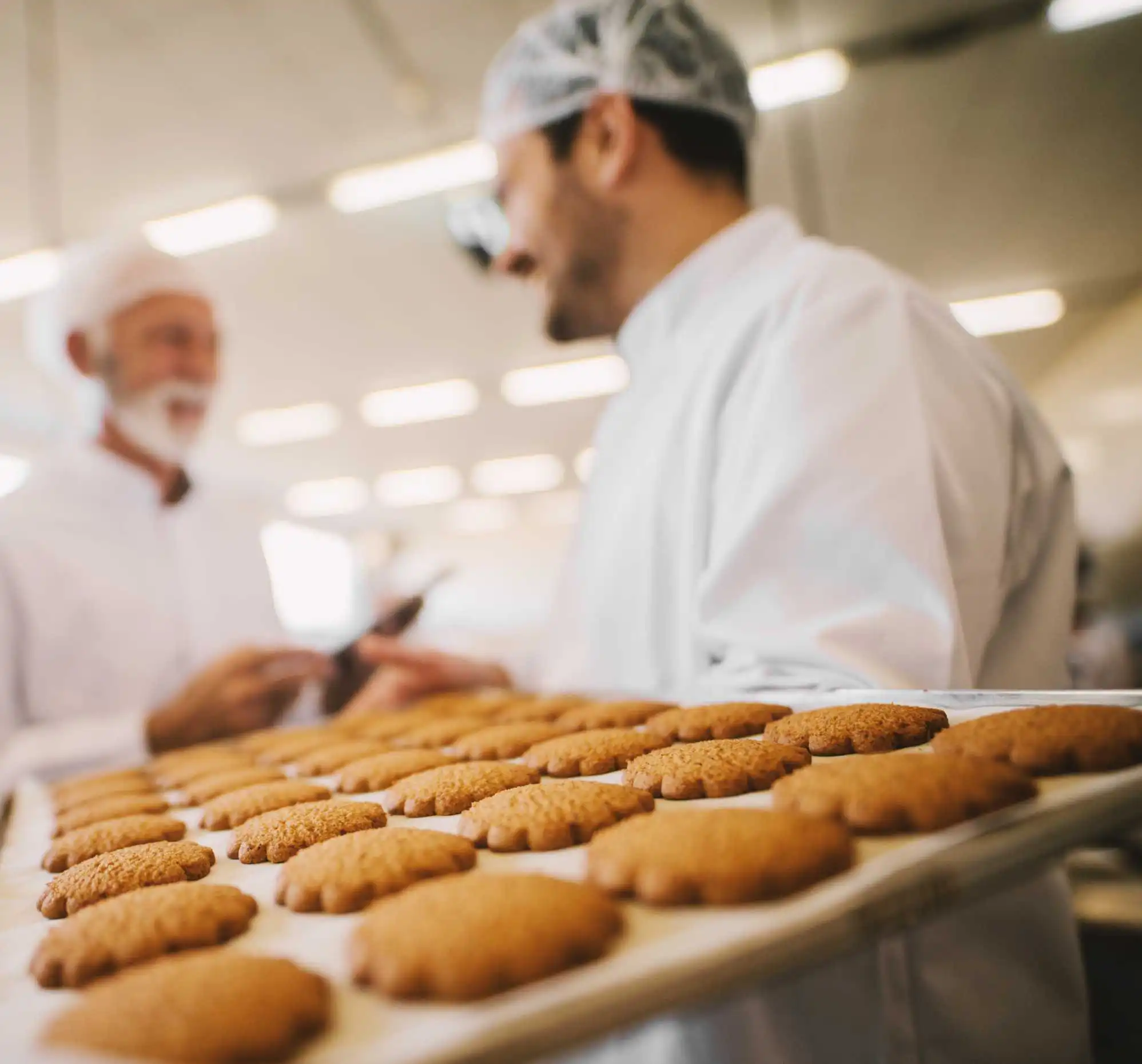Tortilla & Corn Chip Moisture and Oil
Tortilla and corn chips are the most popular corn-based products consumed worldwide and are available in a diverse variety of types and flavors.
Tortilla and corn chips are both cooked in fryers where hot cooking oil removes moisture in the chips. But tortilla chips are baked before they are fried, so they absorb less oil, and as a result have a firmer texture and a stronger alkaline flavor than corn chips. The moisture level of the finished product is critical to the texture and shelf life for both tortilla and corn chip products.
Tortilla and Corn Chip Manufacturing Process
Masa Preparation & Extrusion

The first major process in tortilla and corn chip manufacturing is the production of coarse masa (dough). A wet corn milling process is used to create the masa, or dry masa is purchased and mixed with water to create the masa dough. The coarse masa is mixed and kneaded until it becomes elastic, and the masa is then extruded and fed through a sheeter prior to being cut.
Baking & Cooling Operation, Tortilla Chips
The extruded masa sheet is die cut and baked for about 30 seconds. Baking imparts an alkaline taste characteristic and also serves to reduce moisture and oil absorption during frying. Following baking, the tortilla chips are cooled to prevent blistering and the forming of oil pockets during the rapid frying process.
Frying Operation
The corn and tortilla chips are fried in an externally heated, continuous oil circulation fryer. Each manufacturer has their preferred oil(s) for desired taste and temperature including corn, peanut, cottonseed, soybean and canola oils.

Seasoning and Packaging
Chips can be seasoned with a wide variety of flavors using oil and emulsion sprays, solid coatings or other processes. The seasoning operation uses a rotating drum or vibrating conveyor to ensure consistent coating of the seasoning. The chips are then packaged by weight for shipment.
Quality Parameters and Measuring Points

Moisture Measurements
Tortilla and corn chip moisture is usually between 1 and 2.5% depending on the specifications and quality standards set by the manufacturer. The Process Sensors Corporation (PSC) MCT466-SF Near Infrared (NIR) transmitter is used to measure moisture for control of frying temperature and/or duration, and to record product quality data. For flavored chips, moisture should also be measured at the seasoning drum exit prior to final packaging to ensure flavor, freshness and shelf life.
Oil Measurements
Oil content is often also measured using the same MCT466-SF transmitter at the fryer exit. Oil content is usually between 25 and 35% and impacts product flavor.
In continuous operations, a MCT466-SF transmitter is typically mounted 6 to 16” above the product and a few meters after the fryer exit to allow water/oil emulsion volatiles to dissipate. The stainless-steel housing and IP-65 rating of the transmitter ensure reliable online operation and washdown compatibility.
In batch operations, a benchtop NIR analyzer such as the QuikCheck or SpectraStar™ XT-3, is used either in the laboratory or at-line for quick, accurate and reliable samples testing.
Value and Quality
Measurement of moisture and oil with an MCT466-SF or one of the Bench NIR Analyzers at multiple points in the process starting with incoming raw materials, through to the final flavoring stage before packaging optimizes process control and ensures proper flavor and quality standards are met.
Based on moisture and oil levels of raw materials, fryer temperature and/or belt speed should be adjusted to achieve the proper moisture levels producing high quality, consistent chips. This also optimizes the amount of cooking oil and energy used, saving the chip producer money.
Further analysis of the product after seasoning ensures a consistent product quality before packaging. This determines shelf life and ensures that the final product meets the labeling specifications on the package as well as the expectation of the consumer for a consistent product.














